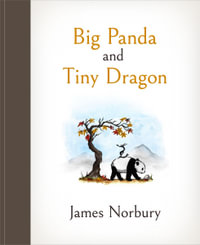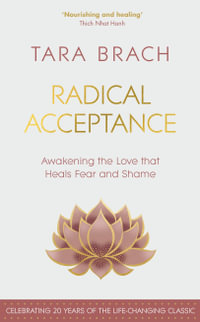In literature and popular imagination, the Bauls of India and Bangladesh are characterized as musical mystics: orange-clad nomads of both Hindu and Muslim backgrounds. They wander the countryside and entertain with their passionate singing and unusual behavior, and they are especially well-known for their evocative songs, which challenge the caste system and sectarianism prevalent in South Asia.
Although Bauls claim to value women over men, little is known about the individual views and experiences of Baul women. Based on ethnographic research in both the predominantly Hindu context of West Bengal (India) and the Muslim country of Bangladesh, this book explores the everyday lives of Baul women. Lisa Knight examines the contradictory expectations regarding Baul women: on the one hand, the ideal of a group unencumbered by societal restraints and concerns and, on the other, the real constraints of feminine respectability that seemingly curtail women's mobility and public performances.
Knight demonstrates that Baul women respond to these conflicting expectations in various ways, sometimes adopting and other times subverting local gendered norms to craft meaningful lives. More so than their male counterparts, Baul women feel encumbered by norms. But rather than seeing Baul women's normative behavior as indicative of their conformity to gendered roles (and, therefore, failures as Bauls), Knight argues that these women creatively draw on societal expectations to transcend their social limits and create new paths.
Industry Reviews
"The dominant tropes imagined for the Baul tradition of eastern India and Bangladesh are constructed around male models: the wandering mistrel carrying his ektara instrument who engages in esoteric ritual practices. Lisa Knight's sensitive ethnography, however, fills in the significant lacunae of the lives and practices of Baul women. She artfully analyzes the ways in which these women bridge the contradictory expectations of Baul traditions as 'wanderers' and
those of the non-Baul communities as respectable, settled Bengali householders. This study will significantly impact the ways in which readers understand Baul traditions, asceticism, boundaries of
religious identities, and women's agency and performance in South Asia."- Joyce Burkhalter Flueckiger, author of In Amma's Healing Room: Gender & Vernacular Islam in South India.
"Although Baul discourse emphasizes the spiritual importance of women and even celebrates women's spiritual and bodily superiority, in practice Baul women are frequently marginalized. In fact, it is often implied or explicitly stated--by Bauls, scholars, and Bengalis in general--that there are no real Baul women. This book, however, argues that Baul women exist, are important, and are worth listening to. Lisa Knight has given us an exciting, engrossing and
original book based on in-depth ethnographic fieldwork and meticulous scholarship."-- Sarah Lamb, Professor of Anthropology, Brandeis University


![When Things Fall Apart : Heart Advice For Difficult Times [Thorsons Classics edition] - Pema Chodron](https://www.booktopia.com.au/covers/200/9780007183517/5907/when-things-fall-apart.jpg)






















